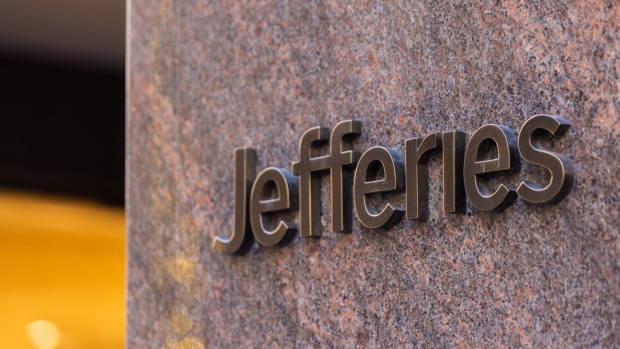Apr 30, 2024
Jefferies Wins Case Against Banker Who Ditched New $10 Million Job
, Bloomberg News

(Bloomberg) -- Jefferies Financial Group Inc. got a win in federal court on Tuesday in its push to collect $4 million from a high-profile investment banker who reneged on his promise to join the firm several years ago.
Although the appeals court in California signaled the decision wasn’t meant to be taken as a precedent, it may still be seen a win for Wall Street’s increased use of so-called breakup fees. The Jefferies provision centers on what’s known in contract law as “liquidated damages,” a predetermined amount of money that a party must pay it if fails to meet a commitment.
Dean Decker, who at the time was an investment banker at Credit Suisse Group AG focused on casinos and real estate, signed an agreement to accept a $10 million job offer to join Jefferies in early 2017. Just days later, Decker renegotiated his deal with Credit Suisse for more money and a new title. Jefferies then sought to collect $4 million from Decker under the agreement.
Read More: Bankers Hit With Millions in Breakup Fees for Ditching New Jobs
Decker, who asked the appeals court to throw out an arbitration award favoring Jefferies, argued the fee was tantamount to ransom because it interfered with his ability to work where he wants to in violation of California law.
The three-judge panel on Tuesday said it had limitations in reviewing arbitration decisions and Decker didn’t show any prior court rulings where such agreements were found to be out of bounds. They also said Decker had failed to show the damages clause explicitly conflicted with California policy against restraints of trade.
The judges, in their 5-page ruling, noted the damages provision was reciprocal. (Jefferies could have had to pay more than $10 million to Decker if it backed out.)
Despite losing his case, Decker, who now works for Banco Santander SA, won’t be on the hook for the legal tab. Credit Suisse previously agreed to cover his legal bill — and any damages. Now, UBS, which took over its Swiss rival last year, will have to pay those costs.
A representative at Santander said Decker declined to comment, as did UBS and Jefferies.
The court’s ruling on Tuesday was unpublished, meaning the appeals court generally doesn’t consider it influential for future cases. Under the court’s rules, unpublished decisions may be still be cited by parties in other cases.
(Adds Jefferies response in eighth paragraph.)
©2024 Bloomberg L.P.


